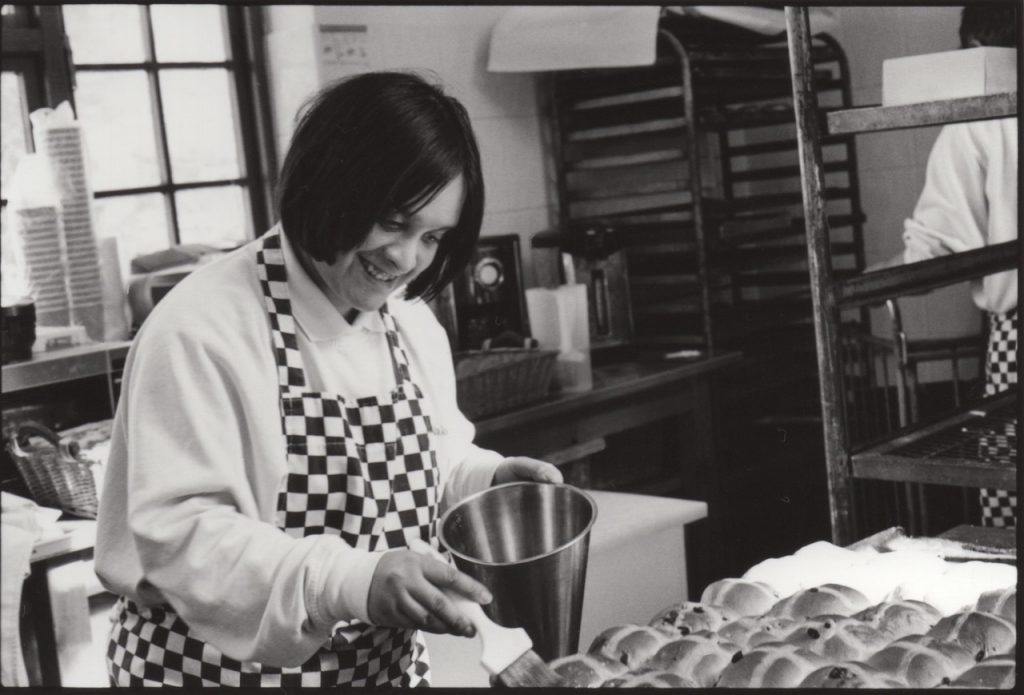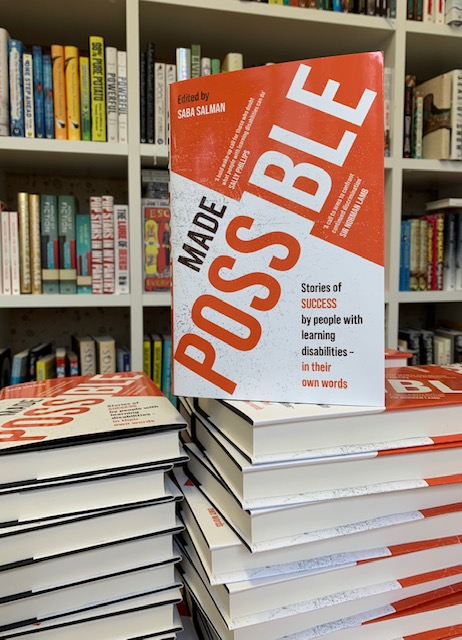As a qualified nurse I have seen at first hand the impact of bullying on a person’s self esteem and self worth. I have seen people self harm – colleagues and staff – and lost friends through suicide. I never become desensitised to this and hope I never will.
Although as a nurse I have to be dispassionate it is never easy to not ask myself could more have been done? Should more have been done? The nurse has feelings too. My lifetime’s work as a mental nurse has not only been confined to the hospital.
Many years ago I realised that my work needed to reach out to all areas of society if real change was to happen. Over the past 10 years I have spread the anti bullying message through the media, and promoted more understanding of mental health.
I have used my clinical knowledge and personal “lived experience” to de-stigmatise mental illness and encourage people to be more open and seek help at the earliest opportunity. This is particularly pertinent with young men who are statistically half less likely to visit their GPs for mental health concerns than women. Unfortunately, alcohol abuse, drugs, self harm and suicide is often the ‘coping’ mechanism of men to mental illness. Many are in denial and this denial can often be fatal.
It is with this in mind that I have tried to creatively tackle stigma and discrimination away from the usual clinical set up. To normalise mental health is to eradicate the myths and bring it out from the inner walls of the percieved ‘asylum’ It is all about encouraging people to view mental health as being no different to physical health, both sides of the same coin so to speak. More importantly neither working as effectively without the other, each influencing the other.
A long time ago I realised the power of the media to inform and form opinions, and challenge damaging stereotypes. I decided to focus my mental health anti stigma approach on tv, radio and in the newspapers. I advised the Zak Dingle ‘depression’ storyline in the TV soap opera Emmerdale to try to bring as much realism and sensitivity to the role as possible.
This work was well received by the viewers, yet there were still people who criticised me online, so called ‘keyboard warriors’ who challenged my views and questioned my knowledge and nursing experience. I had to quickly develop a thicker skin and told myself that even if people are critical, even if they are dismissive of what I do, at least it is encouraging discussion of mental health. it is bringing the subject into the open which is required to break down the myths and misconceptions. Often the criticism echoes people’s own inner fears about opening up. It is a struggle for them to acknowledge their own mental health immunity, especially in my own profession, particularly amongst men.
In spreading the anti-stigma message I have found myself in a range of diverse places. From the Houses of Parliament, universities and colleges across the country to the social clubs of the industrial north east where I live. The places may be different but the message remains the same. I have worked with scholars and gangsters, actors and musicians, writers and poets. Mental illness does not discriminate and any one of us could be the next victim. It does not respect sexual gender, social class, religion, ethnicity or culture. This is why my work has to reach out to all areas of society if it is to make a difference.
I am now liasing with the former MMA fighter Alex Reid to explore writing a book to reach out to men. Alex has also been on the receiving end of bullying through the media and we both share a passion to positively promote healthy mental and physical health. Maybe combining our life experiences will touch a chord with men? We are poles apart and yet we are so alike. We have both experienced bullying and both share a desire and determination to help others.
Alex’s world of MMA fighting attracts the kind of man I am trying to reach out to with my message. Men who dismiss mental illness or stress as being anathema to them and only affecting women. Physical strength and a ‘macho’ attitude to life is no defence against mental illness. I see a strength in men sharing their emotions and opening up about their feelings.
My own world of mental health nursing includes many men who are in denial of their own feelings and whose ‘big boys don’t cry’ outlook on life serves to perpetuate the stigma and misunderstanding of mental health even more.




